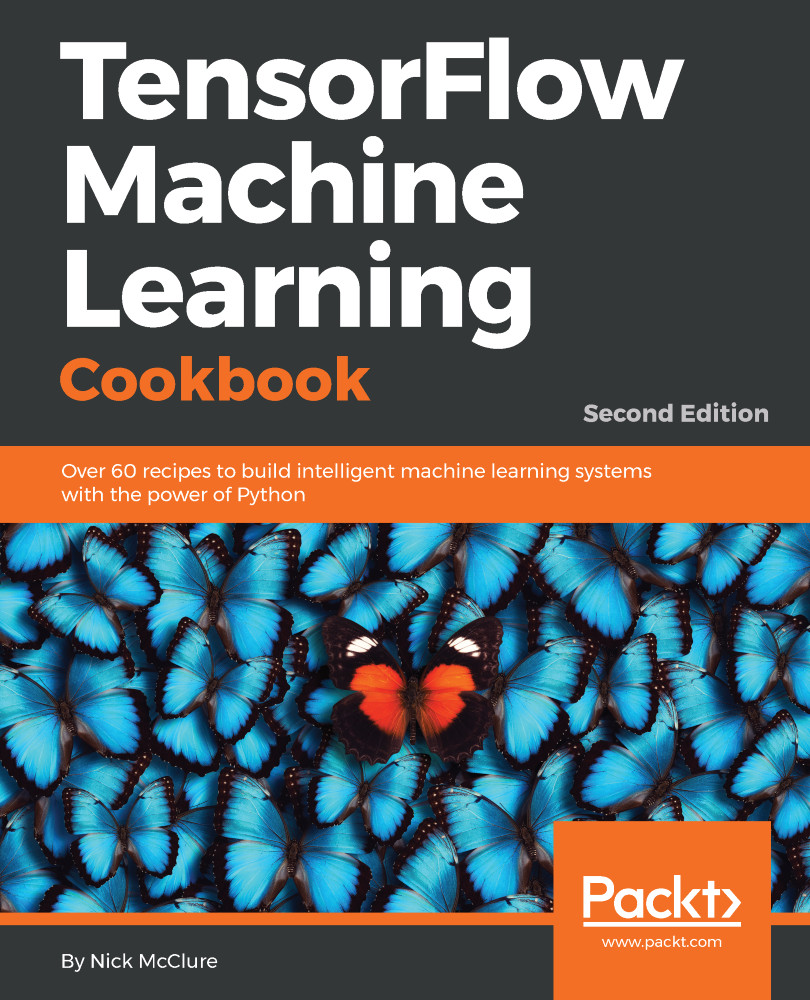This chapter will cover some important recipes regarding how to use, implement, and evaluate Support Vector Machines (SVM) in TensorFlow. The following areas will be covered:
- Working with a linear SVM
- Reduction to linear regression
- Working with kernels in TensorFlow
- Implementing a non-linear SVM
- Implementing a multi-class SVM
Both the prior-covered logistic regression and most of the SVMs in this chapter are binary predictors. While logistic regression tries to find any separating line that maximizes the distance (probabilistically), SVMs also try to minimize the error while maximizing the margin between classes. In general, if the problem has a large number of features compared to training examples, try logistic regression or a linear SVM. If the number of training examples is larger, or the data is not linearly separable, a SVM with a Gaussian kernel...


